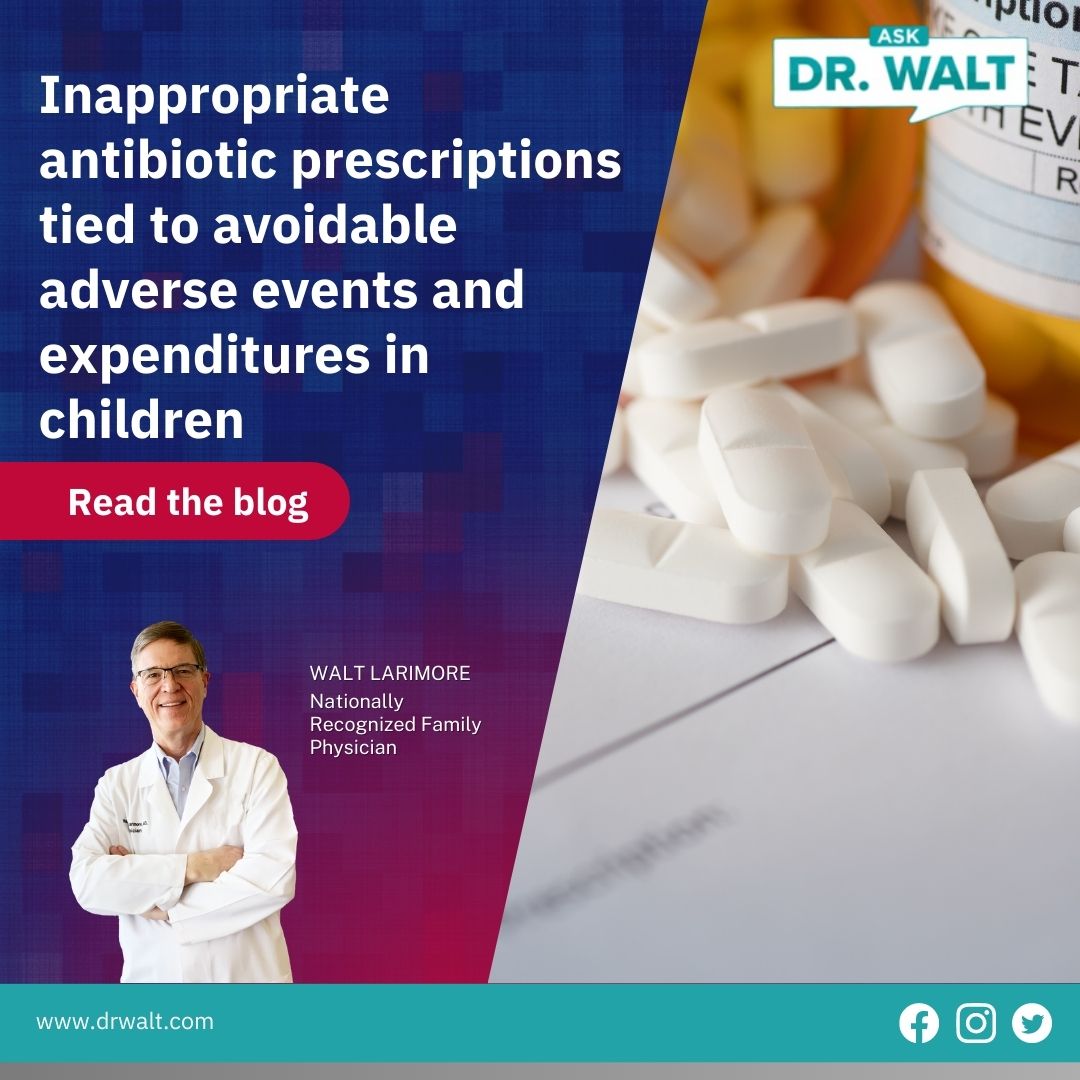
Coffee drinkers – even those who take it with sugar – live longer
June 8, 2022
Inappropriate antibiotic prescriptions tied to avoidable adverse events and expenditures in children
June 10, 2022The AP reports, “Researchers are drawing attention to a rise in poisonings in children involving the sleep aid melatonin – including a big jump during the pandemic.”
Data published in the CDC’s Morbidity and Mortality Weekly Report revealed that “last year, U.S. poison control centers received more than 52,000 calls about children consuming worrisome amounts of the dietary supplement – a six-fold increase from about a decade earlier.”
MedPage Today reports children ingesting melatonin “accounted for 4.9% of all pediatric ingestions reported to poison control centers in 2021, a 530% jump from 2012,” and “pediatric hospitalizations related to melatonin poisoning rose during the study period,” according to the data.
This increase was mainly seen among children younger than 5 years. The largest increase came during the COVID-19 pandemic and could be due to increased accessibility from children spending more time in the home and more households using melatonin as a result of pandemic-related sleep issues, said study author Karima Lelak, M.D., of Children’s Hospital of Michigan.
Natural Medicines rates melatonin for children as POSSIBLY SAFE when used orally in low doses and short-term. Their experts advise,
“Although melatonin has been safely used in clinical research in doses up to 12 mg daily, it is often advised that daily doses of melatonin be limited to 3 mg daily for children and infants 6 months or older and 5 mg daily for adolescents (and for no longer than 3 months).
“There is some concern that taking melatonin might adversely affect gonadal development in children. While some evidence suggests that long-term use of melatonin in children may delay puberty, the available research includes only three small, observational studies with incomplete follow-up and poor measures of pubertal timing.
“Still, due to the potential risk, melatonin should be used only in children with a medical reason for use; it should not be used to promote sleep in otherwise healthy children. There is insufficient reliable information available about the safety of melatonin when used long-term.”
Read more at MedPage Today.
© Copyright WLL, INC. 2022. This blog provides healthcare tips and advice that you can trust about a wide variety of general health information only and is not intended to be a substitute for professional medical advice, diagnosis, or treatment from your regular physician. If you are concerned about your health, take what you learn from this blog and meet with your personal doctor to discuss your concerns.




